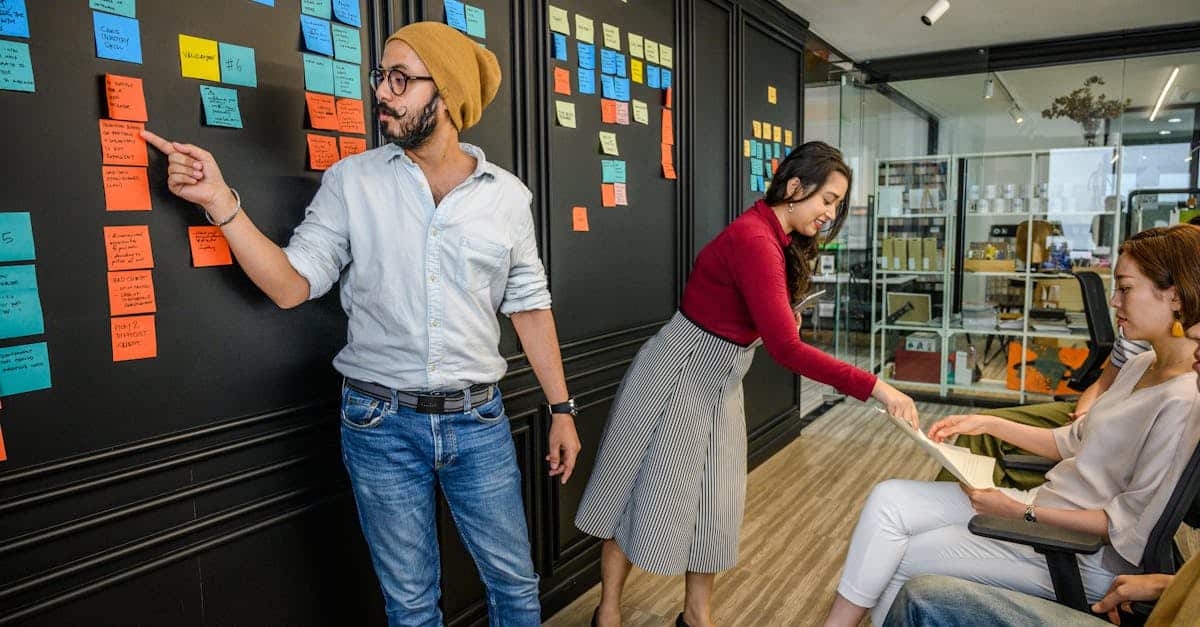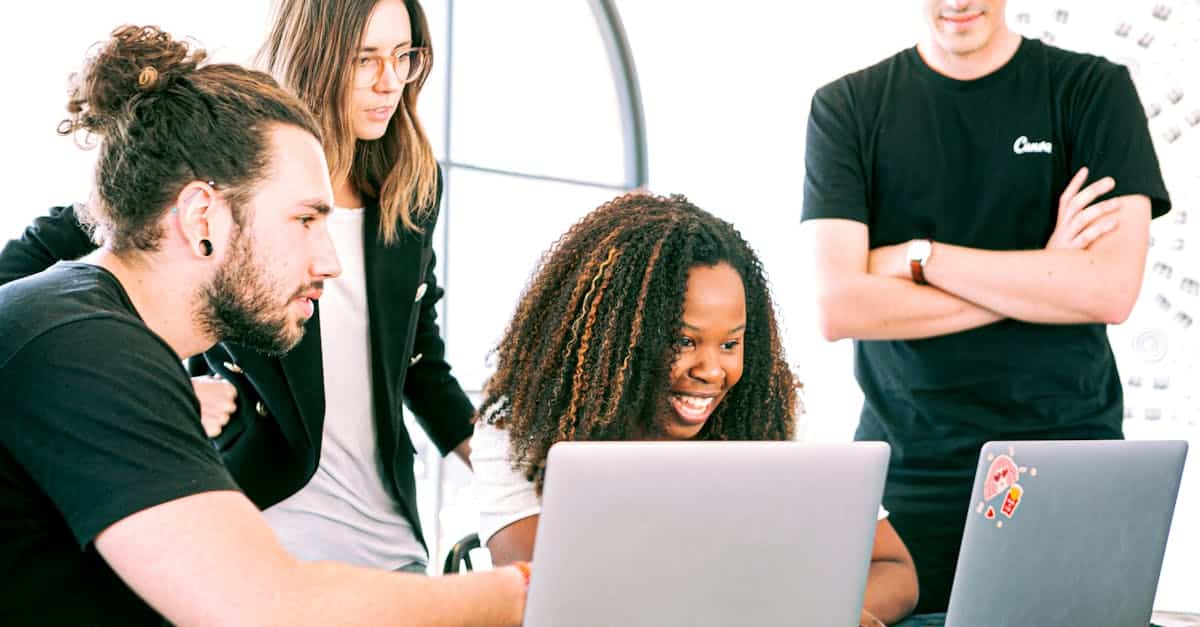The term facilitator refers to a person who plays a key role in facilitating interactions within a group. They do not simply organize meetings or workshops; their primary goal is to create an environment where members can express themselves freely, exchange ideas, and collaborate effectively. By fostering an open atmosphere, the facilitator helps energize discussions and promote a better mutual understanding.
🔥 Nous recommandons Ideamap
Ideamap est l’outil idéal pour un brainstorming ou un projet collaboratif. Grâce son interface facile et à ses fonctions IA, Ideamap booste votre créativité tout en favorisant une meilleure organisation de vos idées pour atteindre vos objectifs.
At the heart of the facilitator’s role is facilitation, an art that combines active listening, relevant questioning, and the ability to guide the group towards constructive solutions. The facilitator begins by clarifying the objectives of the meeting or workshop. This crucial step ensures that every participant understands the purpose of the discussion and the associated expectations. Clarifying this point helps lay the groundwork for a fruitful exchange.
Next, the facilitator must ensure that all group members have the opportunity to express themselves, which involves promoting exchanges and ensuring that communication flows smoothly. This is where they play an essential role in guiding the conversation while avoiding dominating the exchanges. This requires a stance of neutrality and the use of specific techniques to encourage participants to share their thoughts without fear of judgment.
Another important aspect of the facilitator’s role is the ability to manage conflicts. In any group, disagreements may arise. The facilitator must therefore be able to intervene constructively to restore a collaborative climate. Their mission consists of transforming tensions into opportunities for dialogue and helping the group find common ground.
To be a good facilitator, certain skills are essential. These include the ability to listen attentively, to ask open questions to stimulate creativity, and to use appropriate tools to energize work sessions. An effective facilitator also demonstrates empathy, allowing group members to feel understood and supported.
The facilitator should not be seen as a mere facilitator, but rather as a leader whose influence is felt through the engagement and involvement of participants. By cultivating a culture of collaboration, they help teams make the most of their collective potential. This is particularly evident in entrepreneurial contexts, where innovation and creativity are essential for the success of a project.
Finally, for those who wish to become facilitators, several trainings are available, covering various facilitation techniques and group dynamics. Aspiring facilitators learn to master different approaches to facilitation, whether it’s brainstorming, project management, or results evaluation. Platforms like Tomorrow Ideation offer valuable resources for those looking to deepen their skills.
In summary, the role of the facilitator is essential for establishing effective communication channels within groups. Their ability to guide exchanges confidently, foster a trusting atmosphere, and manage conflicts makes them a key player in leadership in collaborative environments. To delve into the challenges of facilitation, it is possible to consult articles such as Understanding Prototyping or participate in learning expeditions dedicated to this practice.














